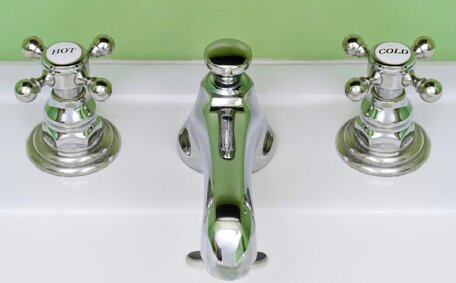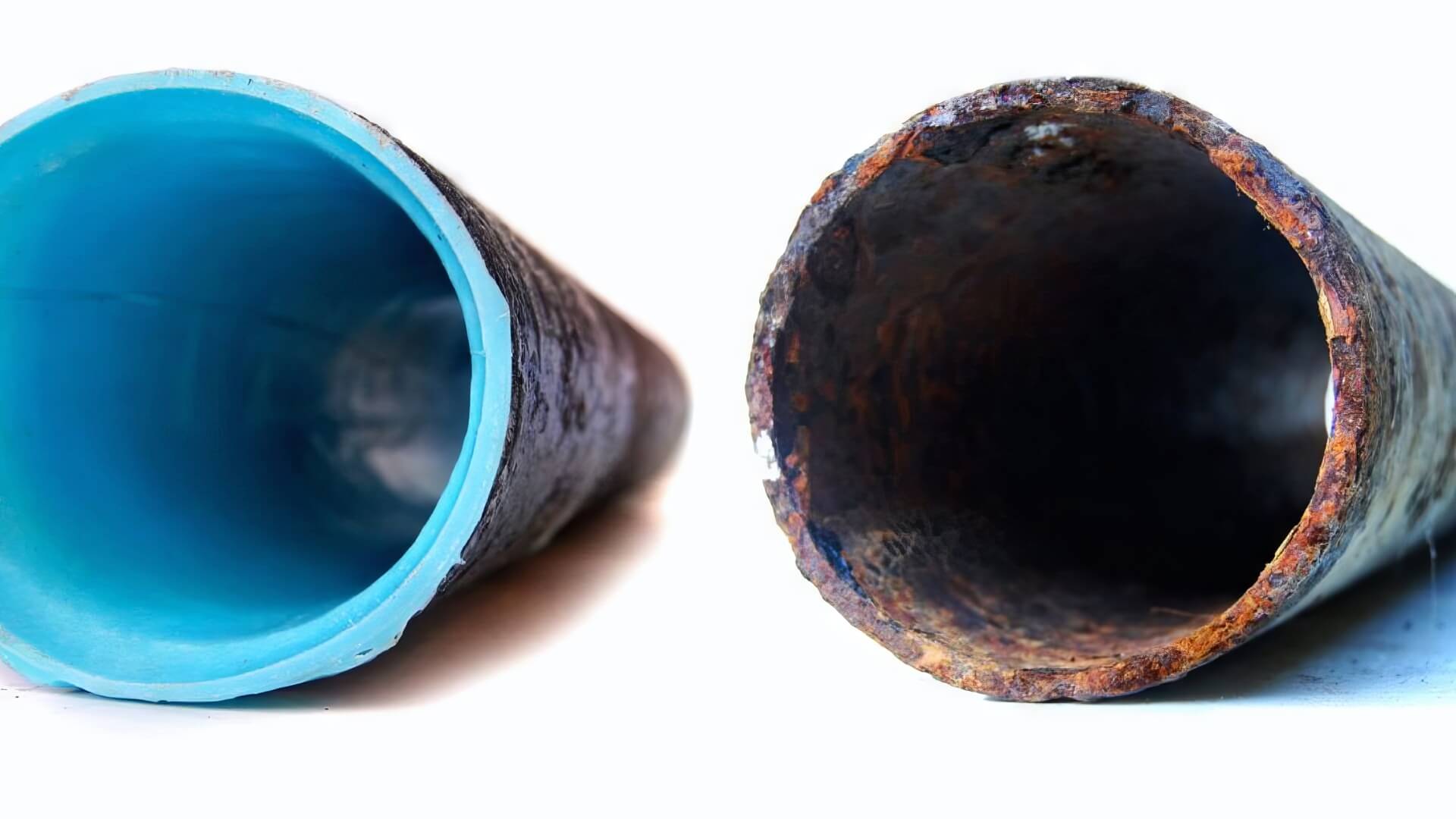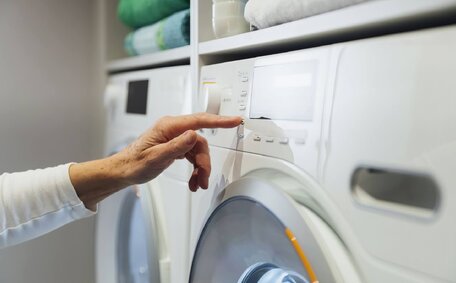Understanding Who is Responsible for Blocked Drains in Rental Properties
Determining who is accountable for resolving blocked drains often leads to disagreements between landlords and tenants. As a plumbing service based in Hunter’s Hill, we frequently address misunderstandings about these responsibilities.
This article will clarify the roles and responsibilities under the residential tenancy of both parties, including your landlord, when dealing with drain blockages in rented accommodation. This article examines how local statutes, tenancy agreements, and blockage causes determine who bears the financial responsibility for unblocking and repairs as mandated by the NSW Residential Tenancies Act.
Our objective is to educate readers on the causes of blockages and their rights and responsibilities related to drain issues. This will hopefully prevent conflicts and ensure blockages get addressed promptly by the appropriate party.
Identifying the Cause and Location of the Blockage
The initial step when addressing a drain blockage is to identify the cause and location. This can help determine who is responsible for unblocking and repairing the issue.
Common causes of drain blockages in rental properties include:
- Blocked toilets resulting from tree roots growing into exterior drainage pipes
- Fat, oil and food scraps building up in kitchen sink pipes
- Flushing inappropriate items like wet wipes down a blocked toilet
- A structural issue with damaged or faulty drainage pipes
Tenants should determine the blockage’s location within the house, be it in the kitchen, bathroom, or the sewer drain line. Blockages in internal household drains may indicate tenant misuse if unsuitable items have been flushed, whereas a blockage then in a sewer typically makes it necessary to figure out infrastructure issues. An exterior blockage in the sewerage drain mains, known as a sewer choke, could signify an underlying issue with unblocking drains involved with the property’s wastewater pipes.
Contracting a licensed plumber, a Sydney water drainage expert, is the best way to locate and diagnose the problem with your blocked drainage system. Professionals use specialised equipment such as drain cameras to pinpoint where the blockage is located, which tenants typically do not have. This allows them to give your blocked drain a precise diagnosis and determine whether the blockage can deem the landlord responsible for the necessary repairs.
Knowing the cause and location of a blockage is essential to determine who is responsible for fixing it. If misuse or negligence by the tenant caused the blockage, they would typically be accountable for unblocking and repairing the drains. Alternatively, landlords are responsible for repairs if the blockage results from structural pipe damage or tree root invasion.
Tenant Misuse That Can Lead to Drain Blockages
There are certain items and substances that should never be flushed or washed down drains in a rental property. Such tenant misuse is a common cause of blocked drains necessitating responsible clearing blocked drains to be carried out.
Key culprits tenants should avoid putting down sinks or toilets include:
- Wet wipes & baby wipes
- Paper towels or tissues
- Dental floss
- Hair
- Cooking oil, fats & grease
- Food scraps
- Feminine hygiene products
- Condom wrappers
Flushing or rinsing these items down drains can create obstructions through accumulation over time. Such misuse can lead to blockages that necessitate significant plumbing repairs, underscoring the importance of knowing how to prevent such issues.
As per the NSW Residential Tenancies Act, costs for unblocking and rectifying damage from misuse going down drain cannot be passed onto the landlord. Tenants may be liable for the cost of unblocking drains and repairs if their actions led to the blockage.
Therefore, tenants need to be aware of what they allow down their drains. Adhering to property owner’s maintenance guidelines can nearly guarantee blockage prevention. While ignorance of what been caused to be flushed is no excuse, it’s always clear under tenancy legislation.
Wear and Tear Issues Causing Blockages
Over time, the regular common cause blocked drains on a rental property’s plumbing can take its toll, leading to drain blockages even without tenant misuse. Things like corroded pipes, intruding tree roots, build up of dirt, and material fatigue can all obstruct wastewater flow.
Without regular maintenance, aging rental properties are prone to blockages. According to the NSW Residential Tenancies Act, it is the landlord’s duty to be responsible maintaining the drainage systems in optimal condition until the end lease period.
Hence, landlords must conduct repairs if blockages arise from wear and tear or ongoing pipe damage. As licenced plumbers, we can assess when a drain becomes clogged from wear and tear factors - determining who typically is responsible for maintaining those aspects falls with the tenant or landlord.
By being proactive with regular drain inspections and repairs, Landlords can also avoid many preventable blockages and maintain property effectively by keeping the hot water system in proper working order. But when age and natural degradation eventually takes a toll, the resulting repairs maintenance are part of owning an investment property.
Responsibilities of Tenants vs. Landlords
When comes blocked drains, the responsibilities of tenants and landlords are covered under the NSW Residential Tenancies Act 2010.
In summary:
- Tenants are responsible for clearing blockages caused by their misuse, like flushing unsuitable items down toilets or sinks. They must cover the costs of clearing these preventable obstructions.
- It is the landlords responsibility fix blocked drains and ensure they remain unblocked, incorporating the maintenance of a blocked sewer drain, to keep the household running smoothly. If pipes succumb to age-related wear or invasive tree roots, then they are indicative signs suggesting that landlords should foot the bill for repairs, particularly when the drain becomes blocked due to these elements.
- For issues occurring within the dwelling’s confines, tenants should swiftly report any blockages to their landlord’s attention and a licenced plumber might be consulted. Both parties should take care to cooperate and carry out clearing issues rapidly on your landlord’s directive.
- Exterior main sewer blockages that need equipment from local utility are generally the landlord’s responsibility, not the tenant’s when it comes to remedying the issue.
To find out specific liability, you can get to the bottom of it by determining whether the tenant directly caused the issue or if you need to get the problem addressed professionally. Or if natural wear on the property’s plumbing caused the failure. A thorough inspection by a professional Sydney plumber can determine this.
Whatever the cause, landlords and tenants should work jointly to restore proper water flow down the drain your responsibility entails. Staying on top of maintenance checks and communicating about a blocked drain your obligation is key for both landlords tenants.
When Tenants are Responsible for Paying to Clear Blockages
In such cases, the tenant is financially liable and should bear the cost of resolution. if the clog originated from their actions. This includes flushing or washing unsuitable items down sinks and toilets against the property owner’s instructions, caused tenant actions.
When comes to common tenant activities, the following are often leading causes of liable drain blockages:
- Flushing thick toilet paper, wet wipes, sanitary items, or baby wipes down the toilet
- Washing hair, food scraps, and grease down the kitchen sink
- Neglecting to report existing issues like leaking taps or warning signs of blockages
The NSW Residential Tenancies Act holds tenants accountable for negligent damage to their rentals. So if their misuse of drains can be shown to have caused a blockage, they may need to pay for the following:
- Costs incurred by a plumber to attempt clearing blocked drains
- Further plumbing repairs if the blockage caused pipe corrosion or collapse
- Replacement of damaged sections of wastewater drainage pipes
To prevent liability, tenants must know what can and cannot be flushed or washed down drains. Following the property owner’s instructions and the occasional use of drain cleaners can prevent most tenant-caused blockages occurring in the first place.
When Landlords Must Cover the Cost to Unblock Drains
Landlords are required to cover the costs of rectifying blocked drains to keep them functional within the rental property, especially in scenarios including:
- If the blockage is caused by structural issues like collapsed or damaged pipes due to wear and tear
- If invasive tree roots have grown into and obstructed exterior drainage pipes
- If the drainage system failure is due to a lack of maintenance or necessary repairs
- If the blockage occurs in the main sewer line or primary wastewater drainage pipes under the property
As part of a landlord’s responsible ensuring proper working drainage, they must adhere to the NSW Residential Tenancies Act provisions.
So if a plumbing inspection reveals the landlord likely responsible because the blockage was caused by structural deterioration, invasion from tree roots, or negligent maintenance rather than direct tenant misuse, the landlord is liable to remedy the issue at their own expense.
In these situations where the property itself has effectively caused the blockage due to wear and tear or an underlying issue, the landlord must pay for repairs to restore proper drainage functionality for tenants.
Preventing Drain Blockages Through Maintenance
Both tenants and landlords play a role in preventing drain blockages through proper maintenance. Many people aren’t aware that flushing wet wipes, grease, and hair down drains can cause blockages, so it’s best to avoid putting these items down sinks or toilets. Landlords should schedule regular drain inspections and maintenance to keep the wastewater system running smoothly for their tenants.
We recommend landlords have main sewer lines professionally hydro-jetted biennially. Hydro-jetting is a specialised cleaning process using highly pressurised your water to scour the water system pipe interiors. This removes settled debris and buildup that causes obstructions if left unchecked.
Simple monthly maintenance by tenants, such as avoiding the introduction of hair, grease, or other materials into branch drain lines, can prevent major clogs. Proper drain use prevents many problems.
When all parties contribute to regular maintenance, the risk of expensive emergency blockages diminishes. Keeping clogged drains at bay with well-maintained plumbing ensures rental properties have effective drainage and wastewater flow at all times during a tenancy.
How Tenants Should Report Drain Issues
Should tenants encounter a drain blockage or other plumbing issues within their rental, they must promptly inform the landlord or property manager. This applies to any blockage situation, from kitchen sink issues to bathroom drainage problems or exterior main sewer line clogs.
To report blocked drains or plumbing issues, tenants are advised to:
- Document the issue with photos and written details of the situation if safe to do so
- Note exact locations within the property and specific drains affected
- Describe any apparent cause if known, like recent usage, flushing incidents or stormwater flooding
- Call the after hours emergency plumbing contact if the issue qualifies as urgent repairs that threaten essential services or property damage
- Alternatively, email or call out the property manager during business hours
As a tenant when you provide clear communication with accurate information, you help landlords and plumbers respond appropriately to drainage problems. Tenants should cooperate with scheduled inspections or repair calls regarding property-related issues. Adhering to the reporting procedures detailed in the lease agreement safeguards tenants against claims of negligence.
If issues persist despite the landlord’s response, tenants can contact Fair Trading NSW for guidance or lodge a complaint if standard procedure was not followed.
Conclusion: Navigating the Grey Area of Blockage Responsibility
As discussed, there’s often debate about who is responsible blocked drains in rental homes, with the area falling into a grey area between tenants and landlords. Determining who responsible blocked includes factors such as the cause and location of the clog, wear and tear issues, tenant misuse, and landlord maintenance duties.
Ultimately, swift professional assistance and open communication are crucial, with tenants expected to report drainage issues without delay. Landlords responsible fixing issues should liaise with local council drainage regulations, arrange regular preventative maintenance, and respond promptly when issues arise.
For support in maintaining fully operational drainage systems or for guidance on particular issues, reach out to our Hunter’s Hill plumbing team at 1300 349 338. With extensive experience, we can evaluate blockages and succinctly detail the responsibilities of tenants and landlords under NSW law. Getting the right help quickly prevents ongoing property damage and legal disputes.






